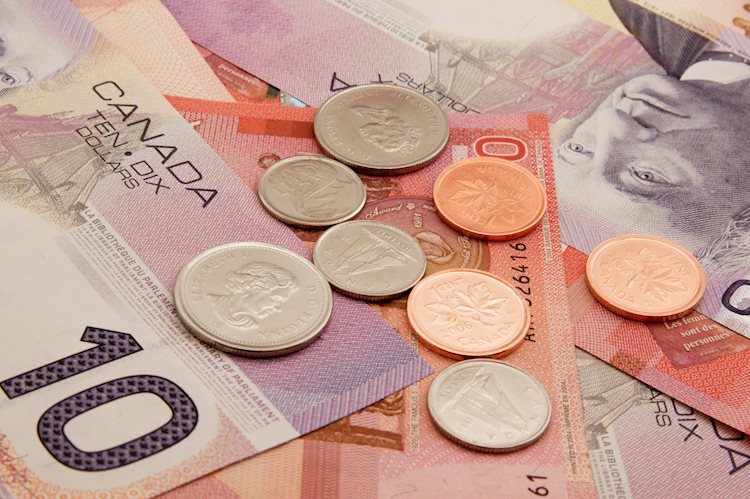The USD/CAD pair is trading around 1.3925 during Tuesday’s early Asian session, driven by a stronger US Dollar and concerns about possible tariffs by the Trump administration. The US Dollar Index has reached fresh four-month highs, supported by the victory of US president-elect Donald Trump, leading analysts to expect upward pressure on inflation and bond yields. The upcoming US CPI inflation data will be closely watched for further clarity on US policy direction. Meanwhile, worries about potential tariffs by the new White House administration are weighing on the Canadian Dollar, prompting a more cautious approach by the Bank of Canada (BoC) in terms of policy rates.
Key factors that influence the Canadian Dollar include interest rates set by the BoC, the price of Oil, the health of Canada’s economy, inflation, and trade balance. The BoC plays a significant role in shaping the Canadian Dollar’s value by adjusting interest rates to maintain inflation levels. Higher interest rates are generally positive for the CAD, while quantitative easing and tightening can impact credit conditions. Oil price fluctuations also play a crucial role in determining the Canadian Dollar’s value, as Canada’s largest export is petroleum. Higher Oil prices tend to strengthen the CAD, while lower prices have the opposite effect.
Traditionally, inflation was seen as negative for a currency as it reduced the value of money. However, in modern times, higher inflation can lead to increased interest rates, attracting capital inflows from global investors seeking profitable investment opportunities. This surge in demand for the local currency, the Canadian Dollar in this case, can boost its value. Macroeconomic data releases, such as GDP, PMIs, employment, and consumer sentiment surveys, provide insights into the health of the economy and can influence the direction of the CAD. A robust economy is beneficial for the Canadian Dollar, attracting foreign investment and potentially leading to interest rate hikes.
Ultimately, the performance of the Canadian Dollar is influenced by a combination of domestic and global factors, ranging from interest rates and Oil prices to economic data releases and market sentiment. With the upcoming US CPI inflation data and uncertainties surrounding potential tariffs under the new US administration, market participants will closely monitor these developments for further insights into the future direction of the USD/CAD pair. As the situation evolves, traders will adjust their strategies accordingly to navigate the shifting landscape of the forex market and capitalize on potential opportunities for trading.











